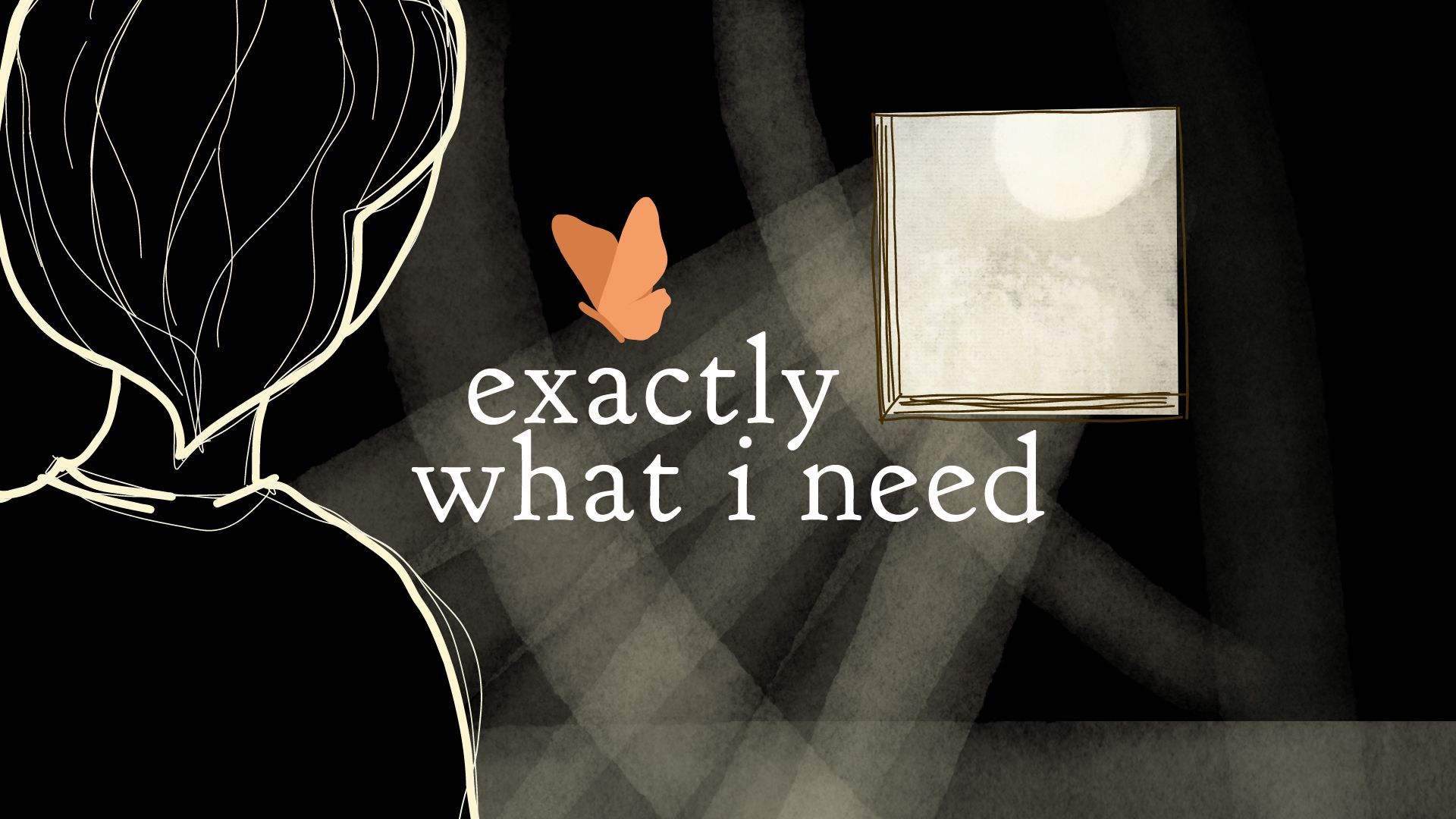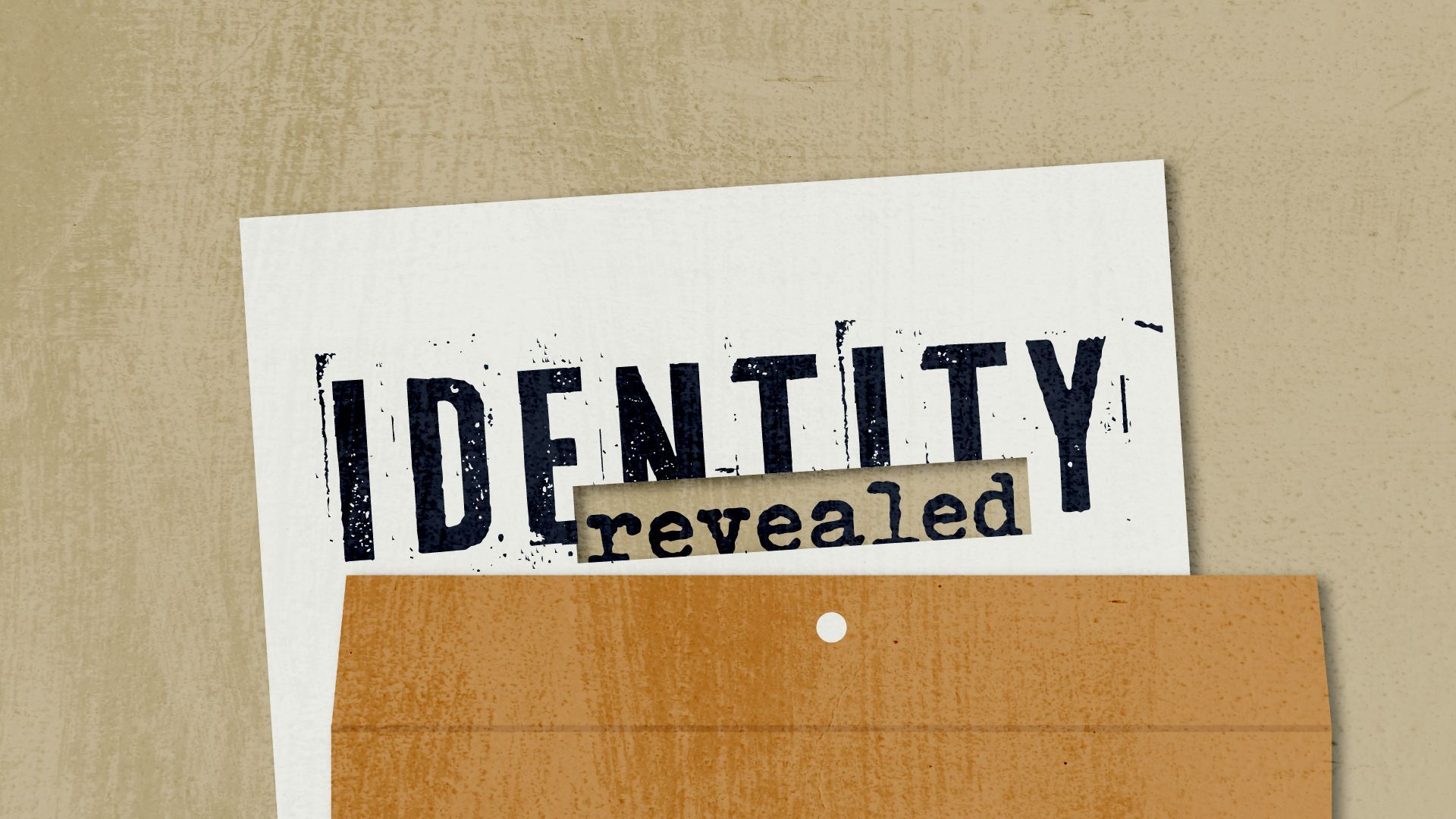The Festival of the Nativity
When a father puts gifts under the Christmas tree, it is not to compensate his children for doing their chores. That would make whatever is inside that wrapping paper a wage, not a gift. A gift is given voluntarily simply so the giver can show favor to the one receiving the gift, without an expectation of repayment. In the season of Christmas, we receive the gift of God. That does not simply mean we receive the gifts God gives. When we look into the manger, we see that God is the gift. In the person of Jesus, God gave us Himself. And because our God became true man and did everything necessary for our salvation, He is able to give us so many other Christmas gifts: forgiveness, hope, peace, a place in His family, eternal life in paradise. "That is too much!" you object. "I don't deserve any of it!". True enough. However, none of these things are wages. We could not and need not earn them. Because they are gifts, given by our gracious God to show us favor. On the Festival of Christmas, we thank God for the greatest of gifts - Himself as on of us.





